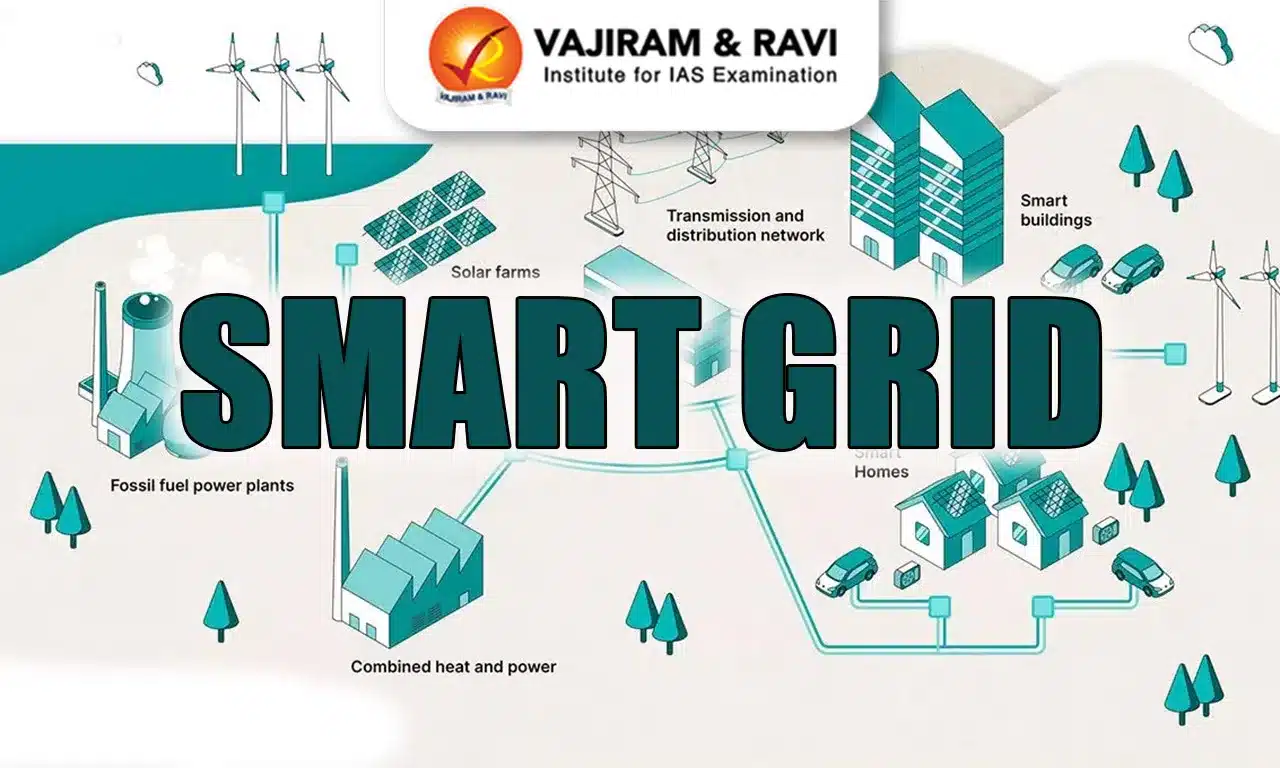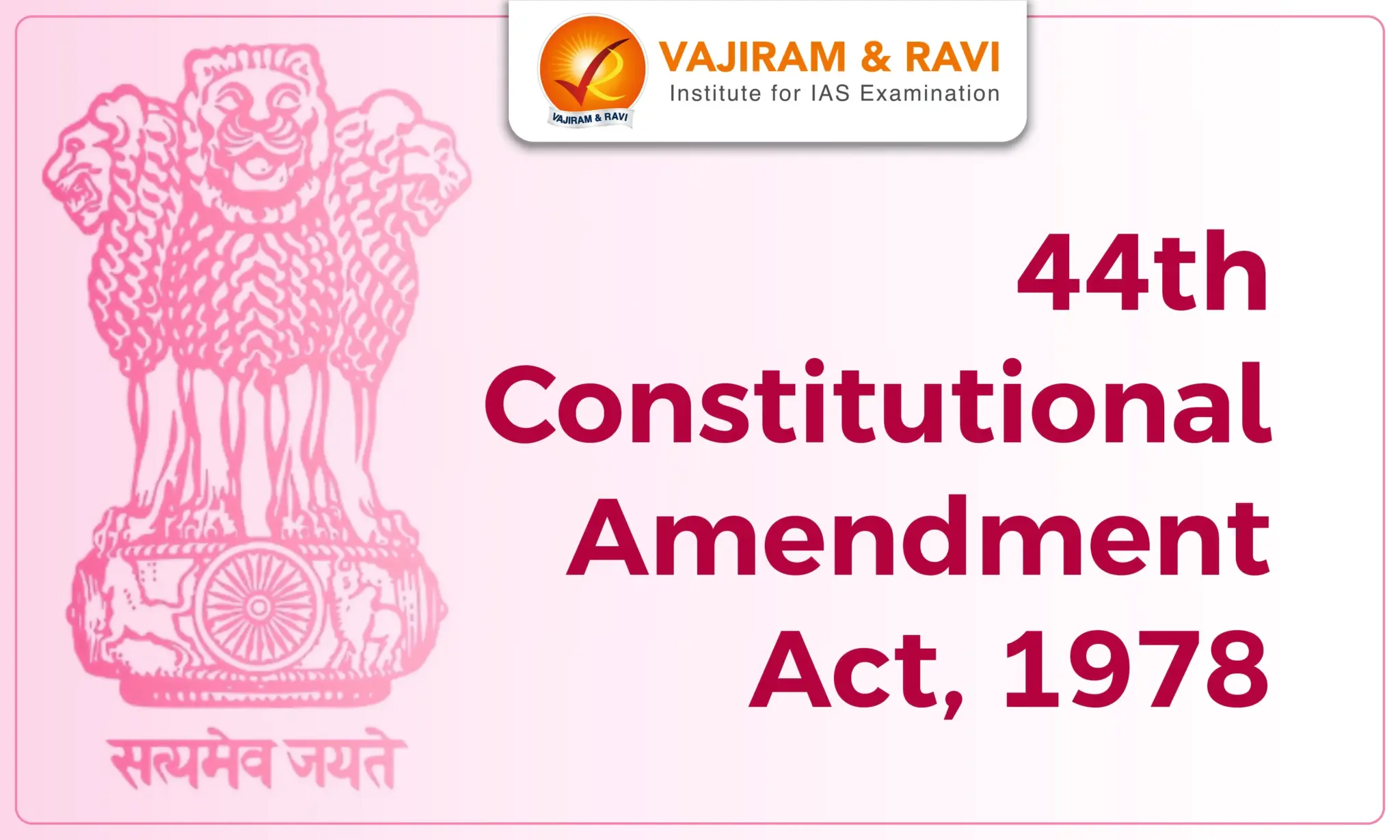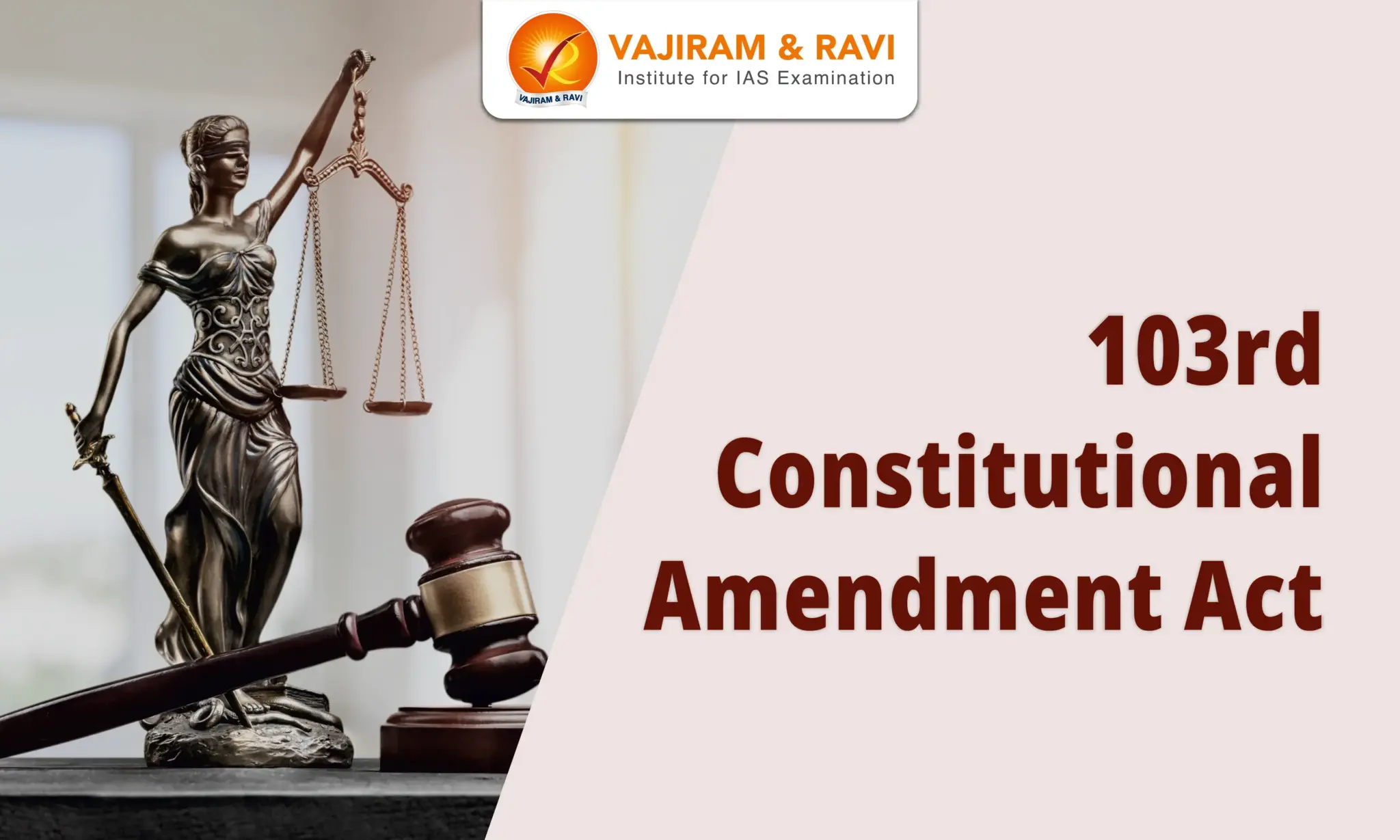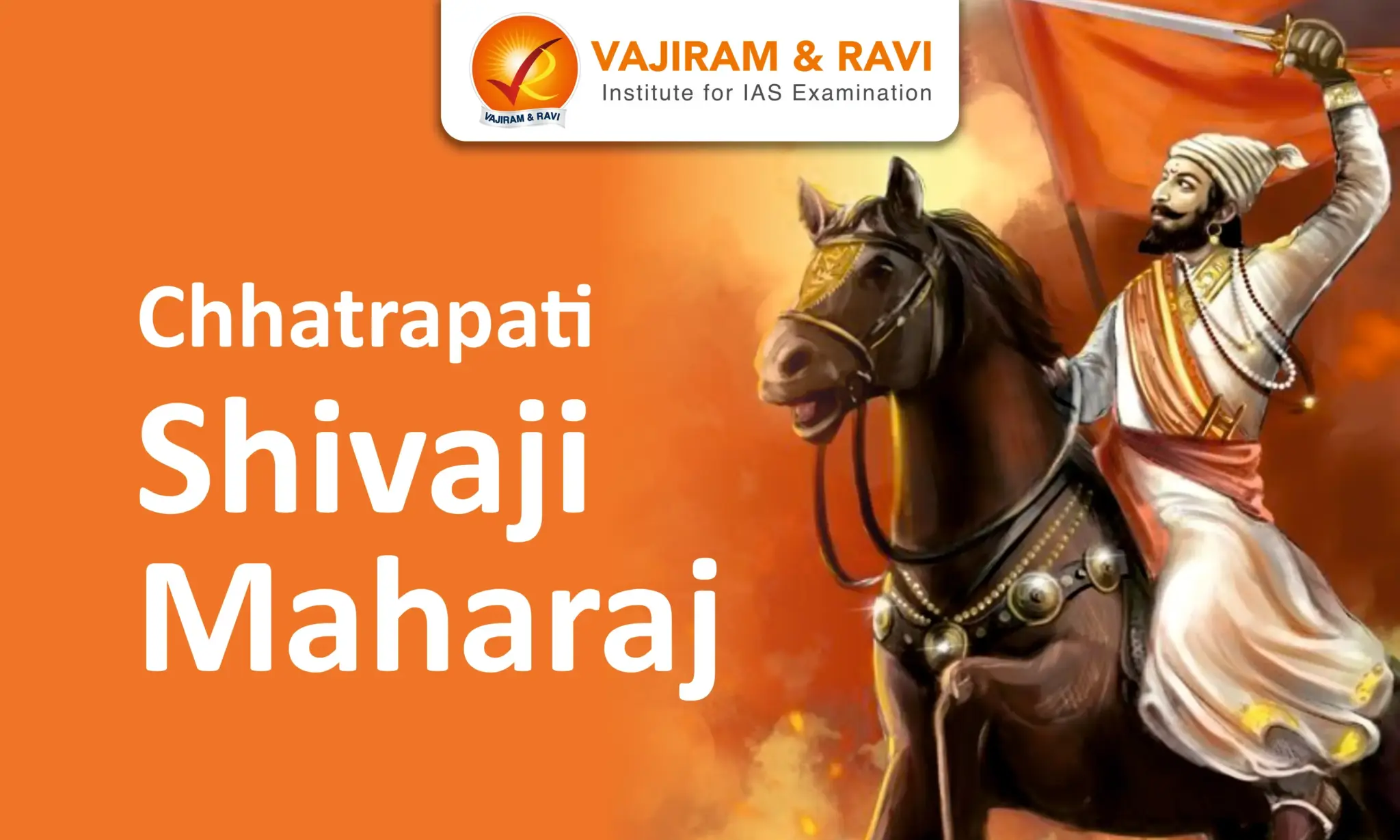A smart grid is an electric power grid that uses digital communications technology and information systems to detect and react to local changes in usage. Smart grids allow for two-way communication between the utility and consumers, enabling more efficient transmission and distribution of electricity.
The goal is to improve reliability, optimise assets, and empower consumers to manage their energy usage. Smart grid technologies are seen as essential for building a modern, sustainable, and resilient power system.
What is a Smart Grid?
A Smart Grid is an electrical grid integrated with automation, communication, and information technologies to monitor and control power flows in real time, identify losses, and enable appropriate actions to reduce losses and incorporate renewable energy through distributed generation.
Features of Smart Grid
- Advanced metering infrastructure: Smart meters enable real-time monitoring of energy consumption and automatic meter readings.
- Distribution management systems: These systems use computer-based remote control, automation, and monitoring to enhance reliability and efficiency.
- Smart appliances: They optimise energy use via demand response.
- Energy storage systems: This helps in grid stabilisation and peak load management.
- Renewable energy integration: Renewables are integrated through forecasting, storage, and demand response.
- Wide area monitoring systems: These systems enhance visualisation and stability.
- Outage management systems
- Electronic billing systems and customer care systems
Benefits of Smart Grid Technology
The benefits of smart grid for different stakeholders in India are:
- Utilities:
- Reduction of Transmission & Distribution losses.
- Peak load management.
- Reduction in power purchase cost.
- Accommodation of renewable energy sources.
- Consumers:
- Accessibility, reliability, and improved QoS
- User-friendly and transparent interface
- Increased choices for consumers
- Government and Regulators
- Satisfied customers and financially sound utilities
- Help meet INDC obligations
Challenges related to Smart Grid Technology
The challenges related to Smart Grid Technology includes
- Interoperability: Lack of common standards and protocols for components from different vendors to seamlessly integrate.
- Cybersecurity risks: Expanding networks need robust security.
- Privacy concerns over data sharing
- Cost: Modernising ageing infrastructure requires investment.
- Skilled workforce: Shortage of skilled manpower trained in smart grid technologies.
- Scalability: Scaling pilot projects into full nationwide deployments is challenging.
Measures taken in India to promote Smart Grids
India's Smart Grid Vision aims to transform the Indian power industry into a safe, adaptable, sustainable, and digitally connected ecosystem that offers reliable and quality energy for all with active stakeholder engagement. The Indian government is promoting smart grids through various programs which provide funding and support for state power utilities to invest in smart meters, sensors, automation, analytics, and control systems.
Some of them are listed below:
- National Smart Grid Mission: It was launched in 2015 to accelerate smart grid deployment across India by providing financial support and guidance.
- Smart Meter National Programme: Launched by the Ministry of Power in 2021 to install 250 million smart meters across India by 2025.
- Virtual SMART Grid Knowledge Center: It was launched by POWERGRID and the Power Ministry, and aims to foster innovation, entrepreneurship, and research in smart grid technologies
- Other initiatives: Smart Cities Mission, Green Energy Corridor, PM SAUBHAGYA, etc.
Smart Grid Pilot Projects in India
The Smart Grid pilot projects sanctioned by the Ministry of Power are as follows:
Smart Grid UPSC PYQs
Question 1: In which of the following areas can GPS technology be used?
- Mobile phone operations
- Banking operations
- Controlling the power grids
Select the correct answer using the code given below : (UPSC Prelims 2018)
- 1 only
- 2 & 3 only
- 1 & 2 only
- 1, 2 & 3
Answer: (d)
Last updated on February, 2026
→ UPSC Notification 2026 is now out on the official website at upsconline.nic.in.
→ UPSC IFoS Notification 2026 is now out on the official website at upsconline.nic.in.
→ UPSC Calendar 2026 has been released.
→ UPSC Final Result 2025 is expected to be released in the first week of March 2026.
→ Check out the latest UPSC Syllabus 2026 here.
→ Join Vajiram & Ravi’s Interview Guidance Programme for expert help to crack your final UPSC stage.
→ UPSC Mains Result 2025 is now out.
→ UPSC Prelims 2026 will be conducted on 24th May, 2026 & UPSC Mains 2026 will be conducted on 21st August 2026.
→ The UPSC Selection Process is of 3 stages-Prelims, Mains and Interview.
→ Prepare effectively with Vajiram & Ravi’s UPSC Prelims Test Series 2026 featuring full-length mock tests, detailed solutions, and performance analysis.
→ Enroll in Vajiram & Ravi’s UPSC Mains Test Series 2026 for structured answer writing practice, expert evaluation, and exam-oriented feedback.
→ Join Vajiram & Ravi’s Best UPSC Mentorship Program for personalized guidance, strategy planning, and one-to-one support from experienced mentors.
→ Check UPSC Marksheet 2024 Here.
→ UPSC Toppers List 2024 is released now. Shakti Dubey is UPSC AIR 1 2024 Topper.
→ Also check Best UPSC Coaching in India
Smart Grid FAQs
Q1. What is the Smart Grid?+
Q2. What are the characteristics of Smart Grid?+
Q3. What is the aim of Smart Grid?+
Q4. What are some government programs promoting smart grid technology in India?+
Tags: quest smart grid














